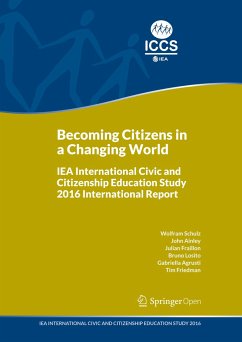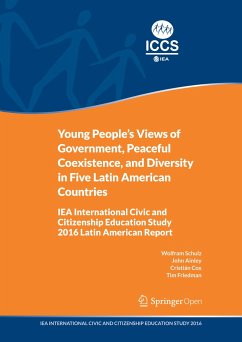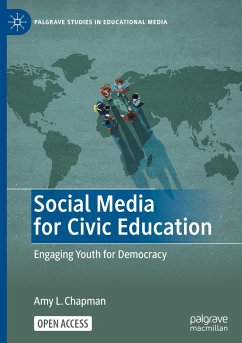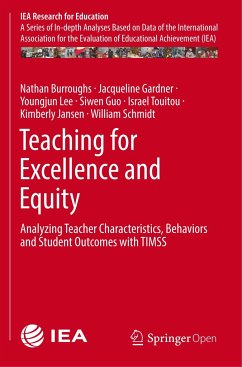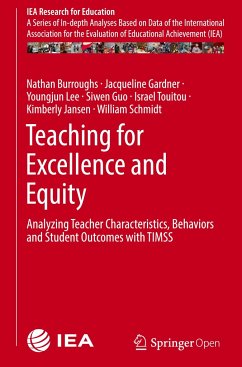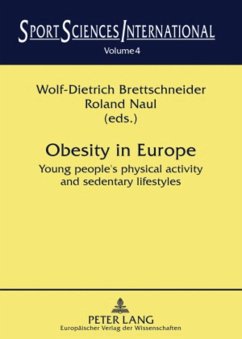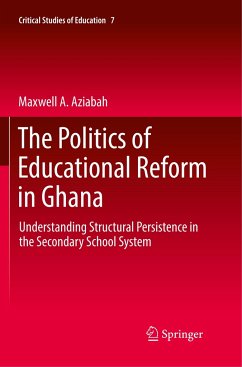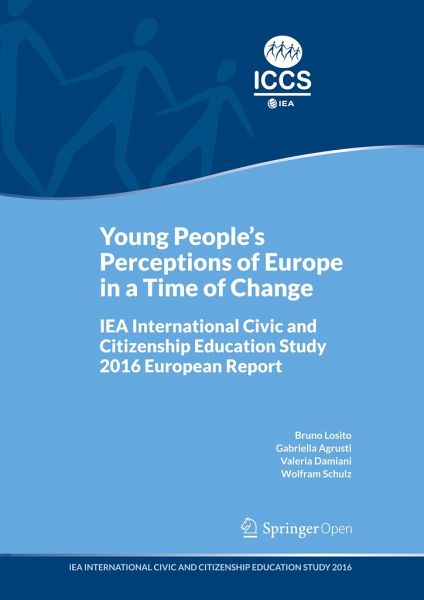
Young People's Perceptions of Europe in a Time of Change
IEA International Civic and Citizenship Education Study 2016 European Report
Versandkostenfrei!
Versandfertig in 6-10 Tagen
38,99 €
inkl. MwSt.

PAYBACK Punkte
19 °P sammeln!
This open access book presents findings from 15 European countries participating in the second cycle of the IEA International Civic and Citizenship Education Study (ICCS 2016). The study investigates the ways in which young people are prepared to undertake their roles as citizens in a range of countries in the second decade of the 21st century. It responds to new and persisting challenges in the area of civic and citizenship education. The main results presented in this book are based on data collected using a European student questionnaire and provide insights into lower-secondary students' v...
This open access book presents findings from 15 European countries participating in the second cycle of the IEA International Civic and Citizenship Education Study (ICCS 2016). The study investigates the ways in which young people are prepared to undertake their roles as citizens in a range of countries in the second decade of the 21st century. It responds to new and persisting challenges in the area of civic and citizenship education. The main results presented in this book are based on data collected using a European student questionnaire and provide insights into lower-secondary students' views on European identity (such as whether they identify as European, or have opportunities to learn about Europe in school), perceptions of freedom of movement and immigration (such as attitudes toward immigration, restriction of freedom of movement, and the freedom of European citizens to live and work across Europe), and perceptions of Europe and its future (such as views on European cooperation, expectations regarding Europe's future, and attitudes toward the European Union). For the 12 countries that participated in the previous cycle (ICCS 2009), ICCS 2016 reveals changes in young people's perceptions of immigration and European identity between 2009 and 2016. Test and questionnaire data from the international core study are used to review the extent to which region-specific perceptions are related to other factors, such as students' level of civic knowledge and social or educational contexts.



